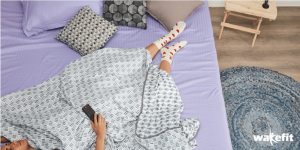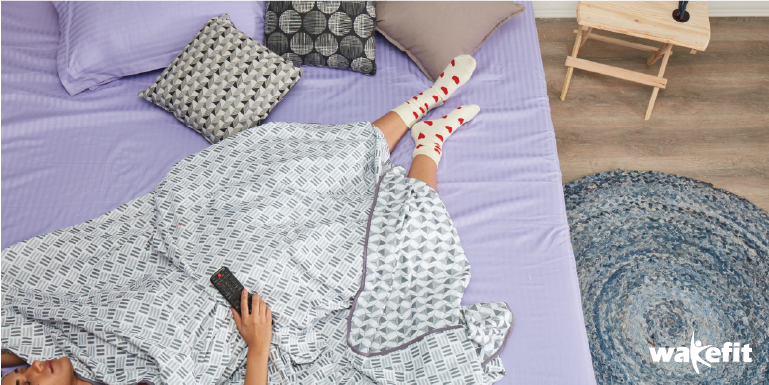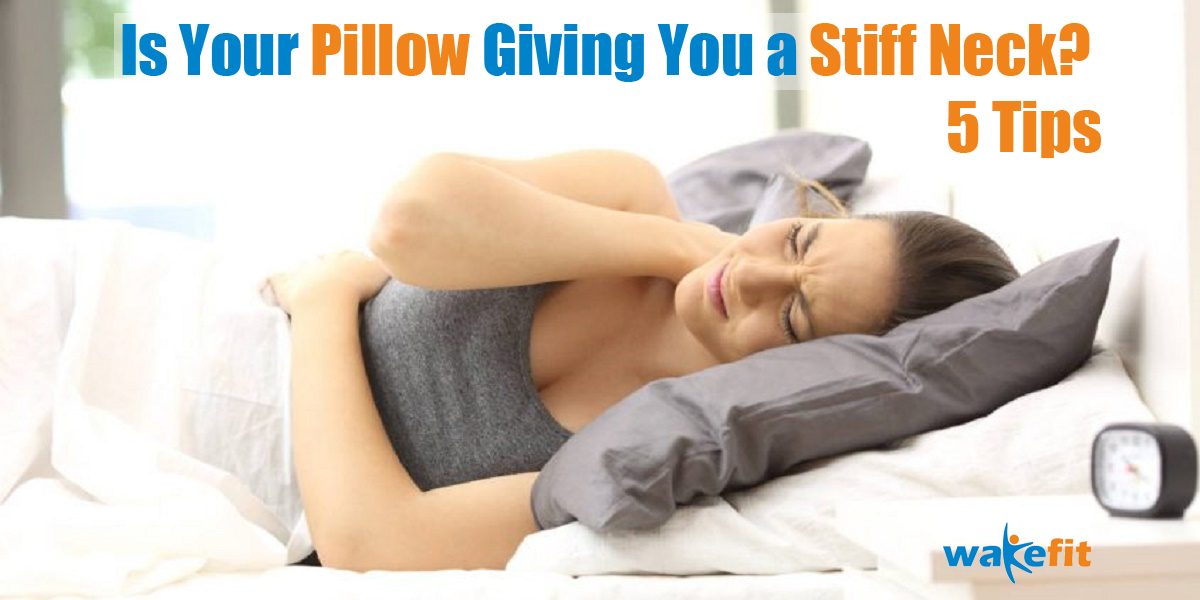There are several factors that impact your sleeping patterns. It can be internal factors such as your diet, lifestyle, routine, stress/anxiety or even external ones like your mattress, pillow etc. However, research shows that Hormones and Sleep have a very deep connection. Sleep hormones regulate our sleep-wake cycle hence any imbalance in them can result in sleeplessness.
It is a known fact that hormones affect sleep if there is an imbalance. While hormonal imbalance causes sleep deprivation, when you have a huge sleep debt due to irregular sleep patterns, it will further aggravate the hormone imbalance. Hence, understanding the connection between hormones and sleep is a good place to start solving your sleep problem.
Our hormones act as messages that tell the body what it needs to do. There are growth hormones, the sleep hormone or the melatonin hormone which are hormones responsible for sleep, reproductive hormones, and other hormones that alert the body when it experiences stress. Adrenaline is one such hormone that prepares us for action.
Whenever we are in danger, it kicks in to prepare us for the fight or flight response. The other important hormones, namely endorphins, dopamine and serotonin, are collectively known as the Happy Hormones. Every time these are released, you experience joy. In today’s post, however, we will specifically look at the sleep hormone that affects sleep like the melatonin hormone.

Hormones Responsible For Sleep
Hormones affect sleep greatly. When there is sleep deprivation it affects the hormone levels making it cyclic causing sleep disorder. Here is a glance at understanding which hormone is responsible for sleep:
The Sleep Hormone: Melatonin Puts Us To Sleep
Here is a classic example of the connection between hormones and sleep- the melatonin hormone is a sleep hormone that affects sleep. When the sun sets, and in the absence of bright lights from devices such as light bulbs, TV screens, smartphones, etc, our brain releases the melatonin hormone that induces sleep. This sleep hormone signals the mind and body that it is time to go to snooze mode.
The melatonin hormone function affects the body’s internal clock, which regulates sleep. The melatonin hormone function gets blocked due to lack of production when exposed to light at night and this lack of production of hormones affects the sleep quality. This is why the difficulty of falling asleep is associated with blue light from electronic devices as the sleep hormone production gets affected.
To ensure you fall asleep faster, try to avoid these devices at least an hour before bed, helping your body prepare itself for sleep. Research also suggests that this sleep hormone is vital not just for your snooze but beyond that too- though the melatonin effects are yet to be fully realized.
The Sleep Hormone: Cortisol Hormone Wakes Us Up
While the melatonin hormones and sleep are interconnected, we have another one that wakes us up every morning. A hormone called cortisol begins to dip in the night as the melatonin hormone for sleep levels increases in the body.
However, throughout our sleep cortisol levels rise and reach their peak in the morning while the melatonin hormone reduces and that is when we are woken up. So these two hormones affect sleep if they are not in sync. When the sleep hormone is not produced at the right time, there is a delay in sleep, which causes sleep disruptions due to melatonin effects.
How The Male Hormone Affects Sleep
There are many other hormones that affect sleep. Testosterone, or the male hormone, reaches its highest level three hours into your sleep. Imbalance in testosterone as such causes many issues and is associated with sleeplessness.
A dip in this hormone can occur due to a number of reasons, the most common being physical ill-health and old age. The hormone imbalance along with/without the sleep hormone directly affects the quality of sleep and the number of sleeping hours.
How Female Hormones Affect Sleep
Menstruation, pregnancy, and menopause are conditions that affect sleep in women due to the hormones released during these bodily changes. So even if the melatonin hormone effects are not seen, the other hormones affect sleep.
The premenstrual drop in progesterone is related to a drop in levels of melatonin hormone, making it difficult for the sleeper to fall asleep. The sleep stage that is worst hit by this drop is REM sleep when most of our dreams occur. This further causes irritation and stress due to a lack of proper sleep.
During pregnancy, the increase in estrogen, as well as progesterone hormones affect sleep. An increase in these hormones affects sleep at night as it causes daytime sleepiness, nasal swelling, and snoring. During menopause, there is a dip in estrogen which again causes sleep difficulties despite the melatonin hormone effects being optimal.
Women in this stage of their lives also suffer from sleep apnea, which is stopping of breath during sleep and other sleep conditions that can be very dangerous. To prevent fat from accumulating around the throat and the stomach, which causes sleep apnea, regular exercise is recommended.
Sleep Inducing Hormone: Difference In Sleep Patterns By Gender
Women tend to have shorter circadian rhythms and sleep and wake up earlier than compared to men. Research also indicated that women have better night’s sleep as they sleep longer hours than men as they have less wake time.
However, women are more at risk of insomnia than men due to hormones that affect sleep like the melatonin effects. Hormonal imbalance during menopause and menstrual cycle as age affect sleep patterns and cause insomnia.
To learn about what affects sleep and tips for better sleep keep following this space.




No Comments